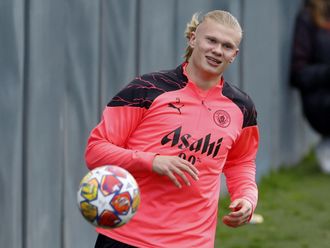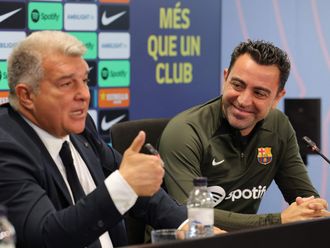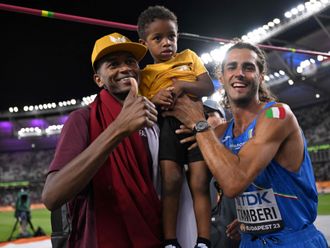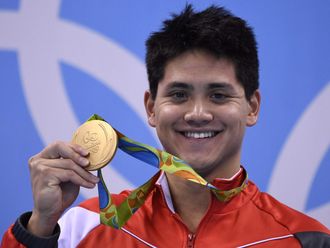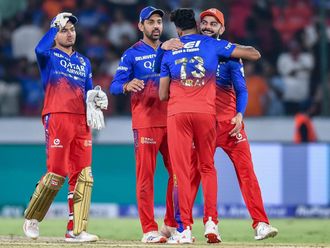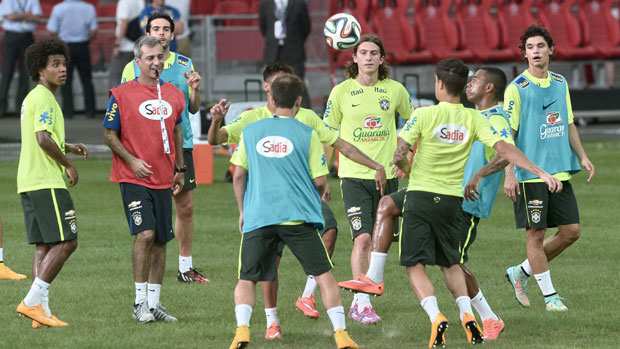
Singapore: Singapore’s sandy pitch heightens the risk of injuries and the lack of grass makes passing football difficult, Brazil coach Dunga said on Monday ahead of their friendly against Asian champions Japan.
The surface at the National Stadium, the centre piece of Singapore’s $1 billion (Dh 3.67 billion) Sports Hub complex, has been heavily criticised as ground staff struggle in the tropical climate amid the different demands of various concerts and sporting events.
Brazil trained on the patchy field for the first time on Monday, with sand kicking up when the ball bounced on it and as the players ran in a small game.
Juventus opted against risking some headline names when the Italian champions played a friendly on it in August, with Dunga also wary about the safety of his multi-million dollar squad on a pitch the Football Association of Singapore said was “far short of expected international standards”.
“The Brazil team will always try to produce a good spectacle but, to do that, you need good conditions,” Dunga told reporters on Monday.
“The field... raises the possibility of having injured players because there is a lot of sand and I hope the sand doesn’t create holes in the pitch during the match, but it’s a risk we are going to have to take.
“Most of it is sand not grass and it’s a mixture of synthetic grass with natural grass but there is more synthetic than natural. It is going to be hard to pass the ball in such conditions.”
The coach, returning for a second spell after his first ended with a World Cup quarter-final exit in 2010, was undecided about whether to protect some of his own stars, such as skipper Neymar, for Tuesday’s match at the new 55,000 stadium.
The 1994 World Cup-winning skipper voiced concerns about putting too much demand on his squad, who beat old foes Argentina 2-0 in an intensive Superclasico derby in China on Saturday night.
“I want to use all six substitutions because the players had to go for a very long journey to China and the pollution conditions were very bad so they are very tired because of that,” he said.
The former midfielder, who had a short stint playing in Japan at the end of his career, has had a strong start to his second tenure in charge with three wins out of three and no goals conceded.
Having only replaced Luiz Felipe Scolari in July following the 7-1 World Cup semi-final hammering by Germany, the coach was not keen on missing out on a chance to hone his counter-attacking style with his core group.
“I will talk to the players to find out how tired they are and if they are ready,” he said.
“I don’t want to change too much as we have five new players in the new lineup... so there is no point changing all the time and replacing players because we need them to create trust and confidence so they can [learn to] play as a team.”


